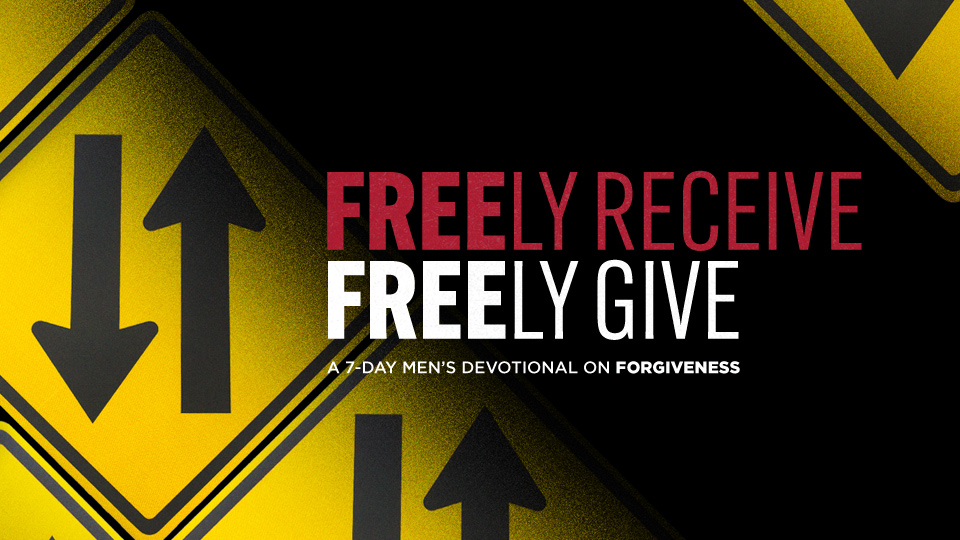Bible Verse: “Therefore I tell you, whatever you ask for in prayer, believe that you have received it, and it will be yours. And when you stand praying, if you hold anything against anyone, forgive them, so that your Father in heaven may forgive you your sins.” Mark 11:24–25 (NIV)
Scripture Reading: Luke 23:34; Ephesians 4:26; Ephesians 4:31-32; Colossians 3:13; Colossians 3:7-8
Here are some practical steps to forgiveness:
1. Decide that you will obey Jesus and forgive others.
Forgiveness cannot be random or a case-by-case issue. Forgiveness is what has been graciously afforded you by Christ—yet also commanded by Christ. You don’t forgive based on the person’s worthiness but on Christ’s example.
2. Base your forgiveness on faith, not feelings.
If you wait until you feel like forgiving someone, you’ll rarely forgive anyone. Being hurt by someone is a real emotional event, but trusting God is a faith decision. Your feelings will often come around later, but don’t obey God based on your feelings.
3. Set your anger aside.
To forgive is to simply set aside your right to anger and your right to revenge. Many men miss this and disqualify ourselves. We wait for the other person to repent, or we wait until our anger subsides (which it may not). Forgiveness is a choice to set aside our anger and trust God rather than plan revenge.
4. Don’t make it complicated.
Guys, I know we don’t like drama, and Jesus helps us keep some of the drama and awkwardness out of forgiveness. In Mark 11:24-25, notice how Jesus said you can forgive “while” you are praying. In other words, you don’t have to track down the offender and get them to understand you and hear you out. You can forgive someone discretely, between you and God. Often, those who hurt us are oblivious to what they did. Jesus said we can forgive in secret and stop the grudge dead in its tracks. After all, Jesus forgave sinners on the Cross who had no idea (or appreciation) for what He did (Luke 23:34). Sometimes, telling someone that you forgive them may be appropriate. Let the Holy Spirit and the situation guide you.
5. Say the words, “I forgive them,” out loud.
Once you decide to forgive, say it out loud. Something tangible happens in your heart when you release someone verbally from a wrong. You likely spent some time hashing out the offence in your mind and then verbalizing the issue to a buddy or spouse. It’s time to engage your will and pull it in reverse—and forgive.
Prayer: Father, I want to learn how to forgive more. I choose to adjust my attitude where I need to and obey You by setting aside my anger and trusting You instead of planning revenge. When I stray from this, please convict me by Your Holy Spirit. In Jesus’ Name, Amen.
Reflection: Any good habit takes time. Forgiveness can be a spiritual discipline you develop, and it doesn’t take long. Read the Scriptures repeatedly that have stood out to you this week. Remind yourself of what God says about forgiveness until you begin to apply them to your life. Practice setting aside your anger and forgiving people based on a decision, not your feelings.
Copyright © 2024 Impactus. All rights reserved.
About


